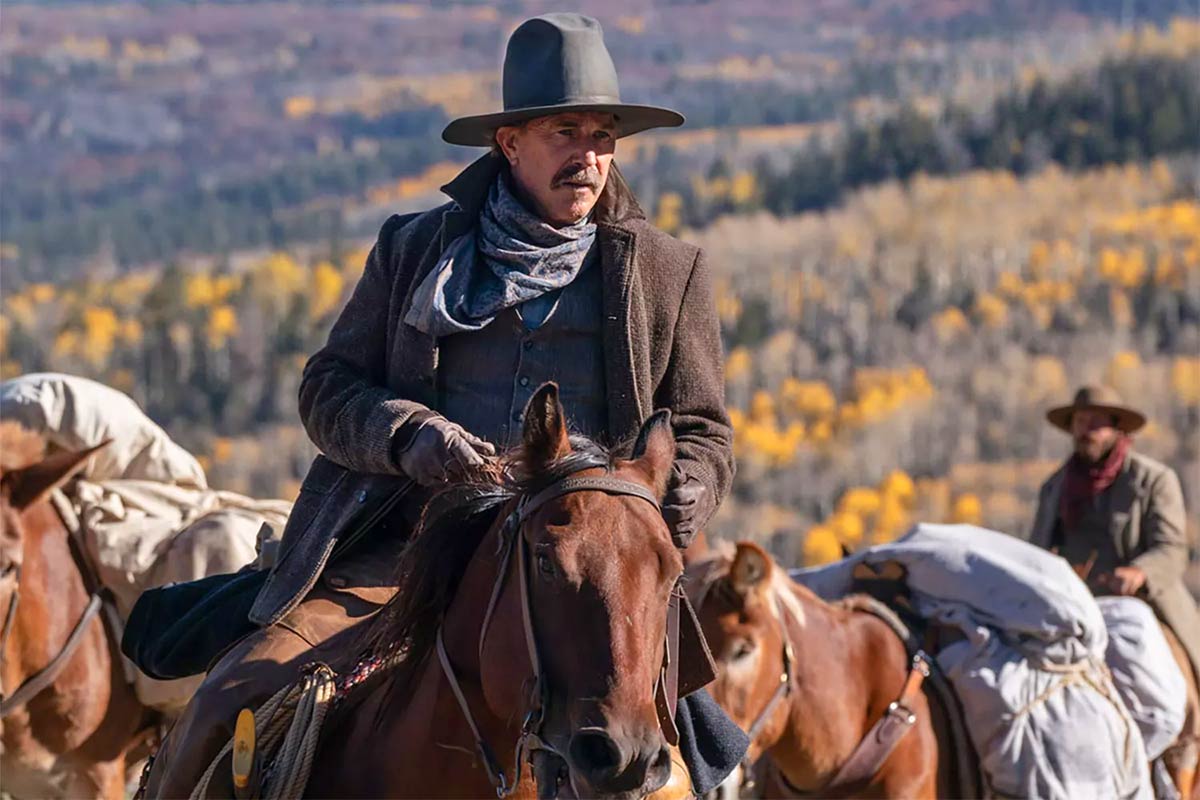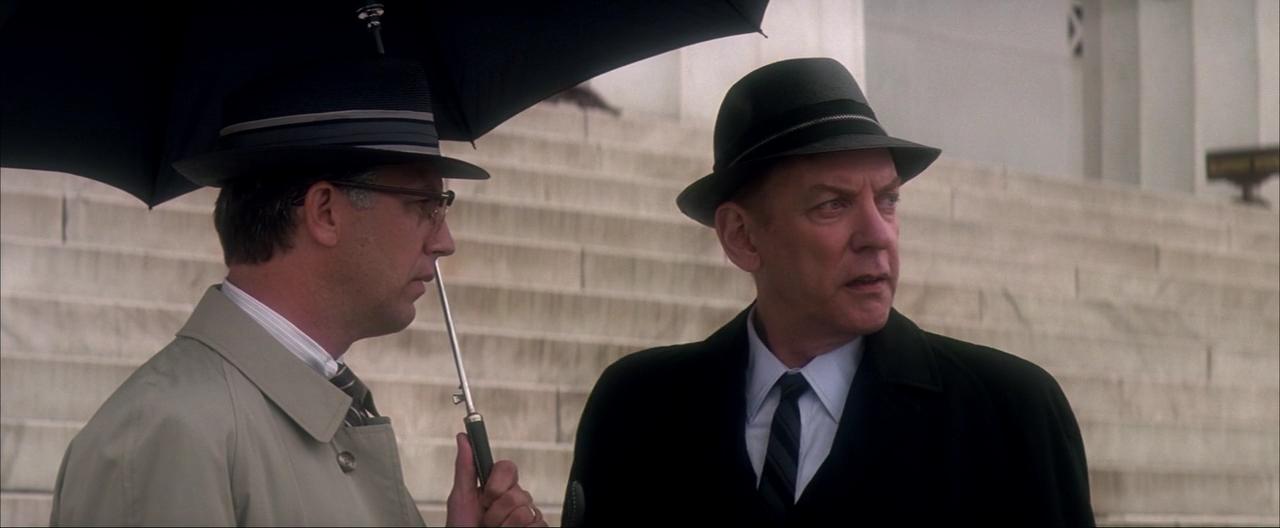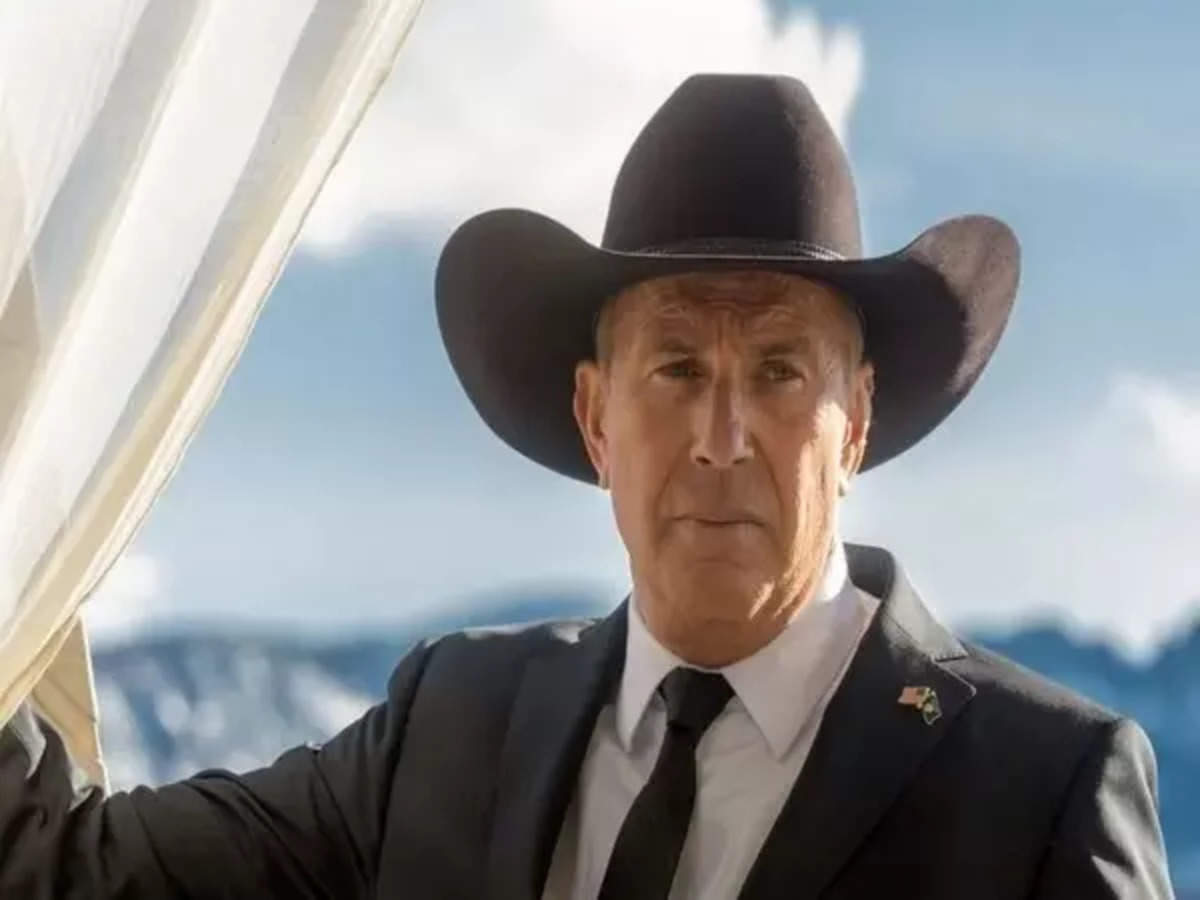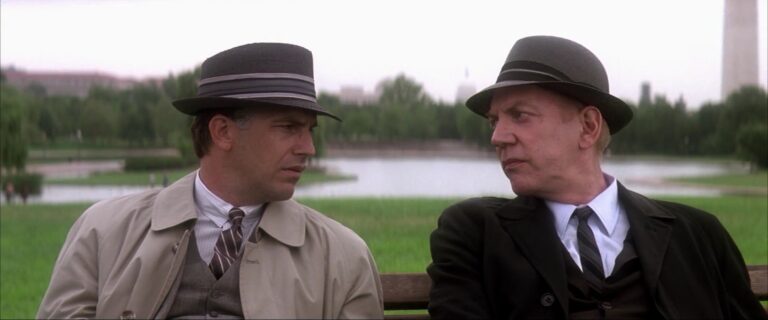Kevin Costner is a name synonymous with some of Hollywood’s most iconic films, from the mystical allure of Field of Dreams to the sweeping landscapes of his Oscar-winning directorial debut, Dances with Wolves. Yet, nestled among his expansive filmography is a movie that pushed the boundaries of storytelling and cemented its place in American cinematic history—Oliver Stone’s JFK. This 1991 political thriller was not only a risky career move for Costner but also a film he believes will never fade into irrelevance.

The Bold Move That Defined Kevin Costner’s Career
Taking on the role of Jim Garrison, a New Orleans lawyer who questioned the official narrative surrounding the assassination of President John F. Kennedy, was no small feat for Kevin Costner. JFK was a sprawling epic that delved into the murky waters of government conspiracies, challenging the truths held by an entire nation. The film was part of Oliver Stone’s trilogy focused on American Presidents, and it dared to present a version of events that was both controversial and thought-provoking.
“The reality is there are going to be people that it has a chance to mark, and a movie like JFK, it has a chance for generations to visit it when they come of an age where that interests them, and the questions posed are really important,”
Reflecting on the film’s impact, Costner stated that JFK is a movie with the power to resonate across generations. His words echo the enduring relevance of a film that, despite its historical backdrop, continues to strike a chord in today’s politically charged climate.
The Everlasting Relevance of JFK Amid Modern Political Turmoil
In an era where political conspiracies and public mistrust are rampant, JFK serves as a chilling reminder of the fragility of truth in the hands of those in power. The film’s narrative, which suggested that Lee Harvey Oswald, the man accused of assassinating President Kennedy, was merely a pawn in a much larger conspiracy, resonates deeply with those who question the official accounts of significant events.

“There was a shift in the country. We used to think — my parents thought, certainly — that people in power told you the truth, and it’s really not always the case. We’ve seen that for the last 60 years.”
Costner emphasized the shift in public perception that JFK helped catalyze. He noted how the film highlighted the changing attitude towards government transparency. This statement is particularly poignant in light of recent events, where assassination attempts on prominent figures, like former President Donald Trump, have reignited public discourse on the security and integrity of those in power. The questions posed by JFK remain as pertinent as ever, inviting each new generation to grapple with the complexities of history and the truths that are often hidden in plain sight.
Oliver Stone’s Journey: From Filmmaker to Conspiracy Theorist
For Oliver Stone, JFK was more than just a film—it was a turning point in his career that forever altered his image in the eyes of the public and the media. Despite the film’s success, which included Oscar wins for Best Cinematography and Editing, Stone found himself labeled as a director obsessed with conspiracy theories. This label, he revealed, was something he had not anticipated.
“I didn’t realize it would hit the central nerve core of the establishment … And it did take its toll. I think it’s changed the perception of me forever. Many now dismiss me as a filmmaker who is political and only into conspiracy theories. It labeled me, and I was staggered. I wish, in a way, it had just died off.”
Stone’s sentiments reflect the broader implications of challenging the status quo through art. While JFK solidified his reputation as a daring filmmaker, it also came at the cost of being pigeonholed by critics and audiences alike. Yet, despite this, the film’s legacy endures, standing as a testament to the power of cinema to question, provoke, and inspire.

A Cinematic Achievement That Defies Time
Despite the controversy surrounding its subject matter, JFK is widely regarded as a cinematic achievement. The film’s intricate narrative, combined with its stellar cast and Stone’s masterful direction, earned it critical acclaim and a lasting place in the annals of film history. Even as it faced scrutiny from various quarters, including the Assassination Records Review Board, which claimed that parts of the film were fictional, JFK continued to captivate audiences with its bold storytelling and uncompromising vision.
In today’s world, where misinformation and political polarization are rampant, JFK offers a compelling look at the power dynamics that shape our reality. For Kevin Costner, the film represents a high-stakes gamble that paid off, both artistically and culturally. As he noted, JFK is a film with the potential to be revisited by generations to come—a timeless piece that challenges viewers to question the narratives they are presented with and to seek out the truth for themselves.
